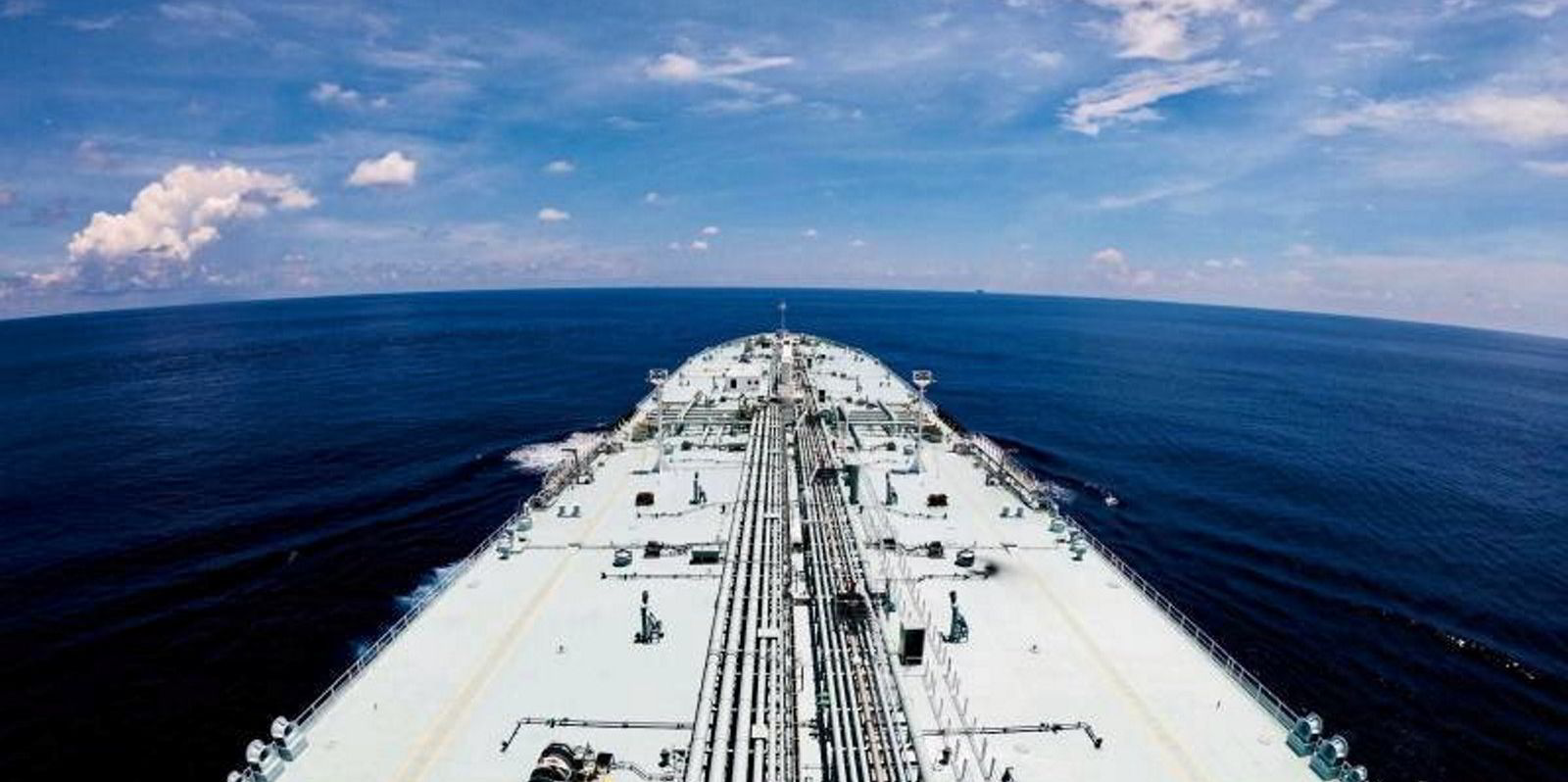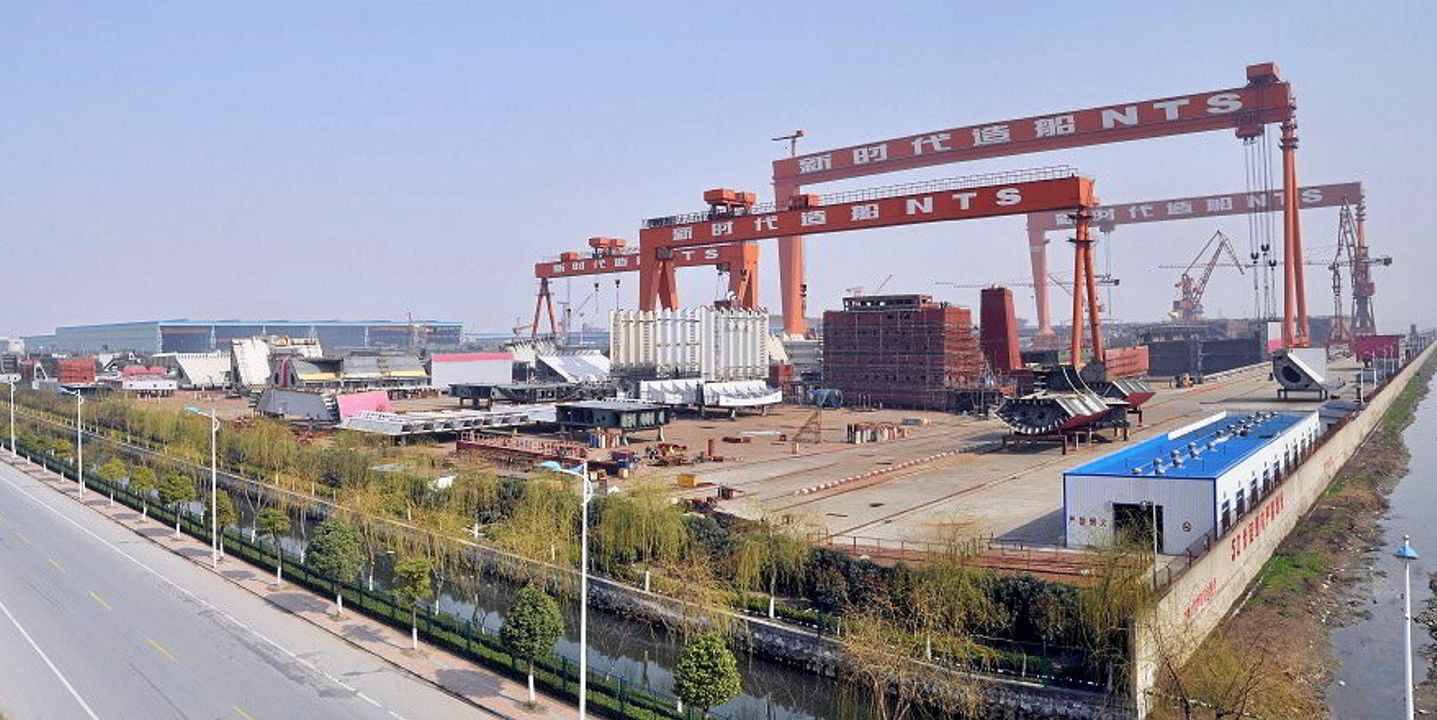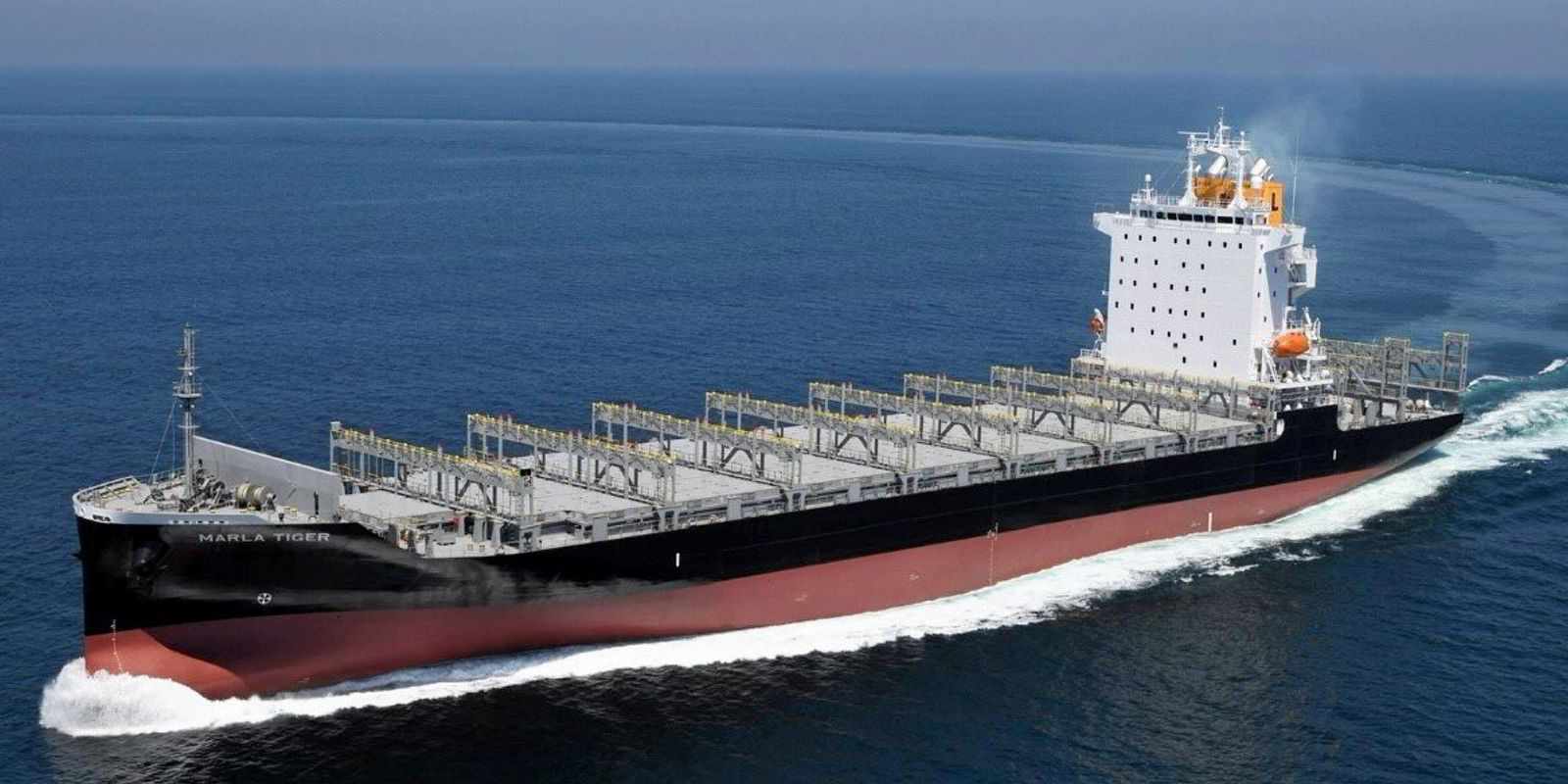Major Greek tanker owner Minerva Marine is about to sell one of the oldest of its 57 tankers on the water, three months after ordering newbuildings.
According to market sources and brokers in Athens, the Andreas Martinos-led company has agreed to offload the 103,100-dwt aframax Minerva Helen (built 2004) for about $30.4m.
The buyers are said to be Chinese, in a deal that has yet to be completed.
The Minerva Helen is Minerva’s oldest crude carrier, alongside the Samsung Heavy Industry-built sister ships Minerva Eleonora, Minerva Iris, Minerva Lisa and Minerva Roxanne (all built 2004).
With 27 ships including the Minerva Helen, aframaxes form the core of the Minerva fleet.
Martinos has recently made moves to bolster that fleet with younger tonnage.
TradeWinds reported in November about Minerva mulling its first tanker newbuilding order in more than four years, with the company signing a letter of intent for a pair of LNG dual-fuel, 115,000-dwt LR2s at New Times Shipbuilding in China.
A source following Minerva’s shipbuilding activities said at the time that Minerva would firm up the contract once it secured charter contracts for the ships.
Shipping databases suggest that this has indeed come to pass. According to Clarksons, a firm contract for the two newbuildings was signed just before Christmas, with delivery dates set in February and May of 2027, respectively.
Minerva has added some young secondhand LR2 tonnage as well. As TradeWinds reported, the company acquired in October the 109,900-dwt product tanker Folegandros (renamed Minerva Zoe, built 2019) for approximately $65.5m.
In contrast to many other peers in Greece and abroad, Minerva has been relatively reticent to sell its older tankers amid a surge of ship values after the outbreak of the Ukraine war.
According to TradeWinds data, the company sold 10 ageing tankers in 2020 and 2021 but just two after Russia invaded its neighbour in February 2022. The Minerva Helen would be the third.
At the same time, some Minerva tankers continue their traditional, longstanding trading patterns in Russia.
Even though this has invited criticism from the Ukrainian government, none of the company’s vessels have been found in breach of Western sanctions against Moscow.





